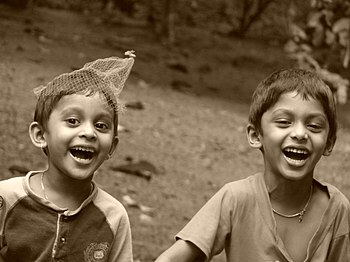Some new research indicates that as we age we don’t have a harder time learning new things because we can’t absorb the information but because we can’t forget “the old stuff.” There are two proteins in the brain that play a role in synaptic connections: NR2A and NR2B. NR2B weakens synaptic connections, essentially creating “space” for new ones to be formed. NR2A inhibits the process. Before puberty, our brains produce more NR2B than NR2A; adult brains produce more NR2A and less NR2B. When it comes to learning, it’s just as important for our brains to be able to weaken synaptic connections as it is for them to be able to strengthen new ones. A year or two ago, I remember reading about a study suggesting that one of the purposes of sleep was to “prune” some of the brain’s synaptic connections. Recently, SF Gate ran an article linking brain deterioration and sleep woes, although with a different slant:
After comparing the brains and memory skills of young study participants and older subjects, researchers found that age-related brain deterioration contributes to poor sleep and, in turn, recollection problems.
The article goes on to say that poor sleep then contributes to brain deterioration, creating a downward spiral. It doesn’t say anything about NR2A and NR2B but attributes the brain deterioration that results from poor sleep to a reduction in the amount of long-wave sleep. Whatever the mechanism, sleep seems to be pretty important to our ability to learn, especially as we get older.
Processing Regret
Mental (psychological) health and brain health are not identical, but they go hand-in-hand in many cases, to some extent because of the brain’s plasticity. Forgive and forget is an old adage that may now be scientifically validated. One of the things we may have difficulty forgetting are thoughts and feelings of regret over events from the past, either losses or missed opportunities—which represent a different kind of loss. How our brains “process regret” (read article) is a factor in our mental health. When our brains actively mitigate our experience of loss, we are much less likely to experience ongoing regret over them. Learning to let go turns out to be good advice. Another way to visualize it is breaking the synaptic connections of regret.




